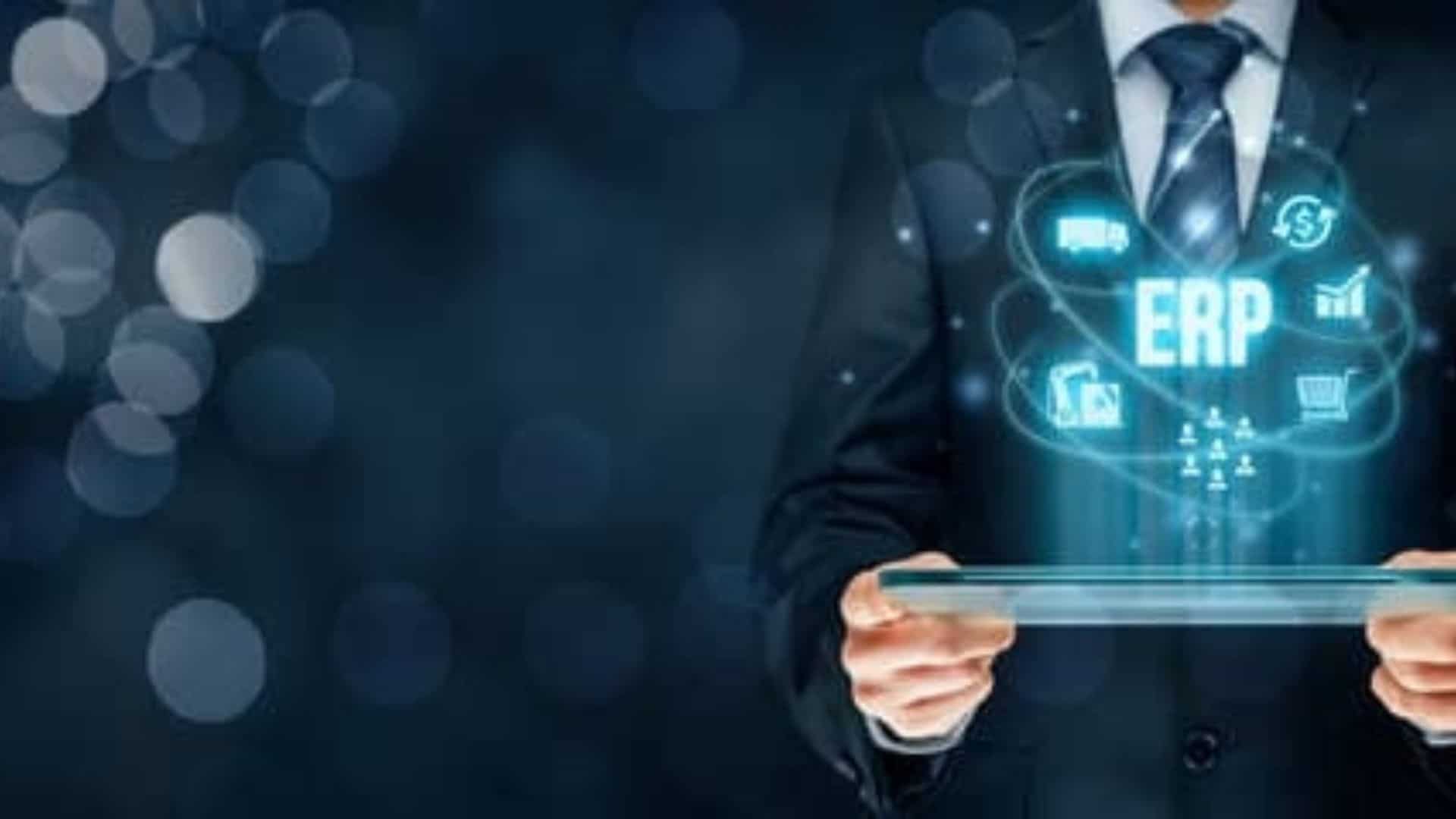Ever thought of considering ERP software for your business? Well, this blog covers all that you need to know about Enterprise Resource Planning or ERP. Regardless of whether you are considering it for your startups or SMEs, you will be walked through the entire process of ERP implementation in your enterprise. ERP is basically software that offers complete integration of all the processes on a single platform for effective management and convenience. So if you wish to unlock your business growth and streamline your processes, do procure your ERP soon.
ERP for Small Scale Businesses
Before getting started, it is important that we understand what ERP has in store for us. Enterprise Resource Planning software is responsible for the integration of all the major processes such as accounting, finance, sales, HR, manufacturing, services, supply chain along with the others. Functioning on a real-time basis, the software employs a common database that handles all the actions at hand. Above all, it can be considered as a management tool that comprises different network configurations and computer hardware.
Types of ERP
ERP software can be further classified into various types based on the following factors:
Range
With respect to ERP, range refers to the spectrum of business aspects the software can cover. Based on this, we have two distinct categories.
- Firstly, the Full ERP software that has the capability of considering a broader range of industries, all at once.
- And secondly, Industry-specific ERP which is useful when managing only certain industries.
Maintenance and Installation
The next important aspect will be the method in which you choose to install the ERP software and the maintenance plan for future use. This can be classified into two types, namely, Cloud ERP and On-Premise ERP. While the former would be useful for small-scale businesses providing businesses with an ability to access crucial functions via the cloud on the internet, the latter can be installed within your company’s location.
Size of Your Business
Depending upon the size of your business, ERP systems can be broadly classified into the following categories:
- Tier-I ERP Systems
Such system types are mostly deployed in multi-millionaire enterprises. This is mainly due to the fact that such companies have to regularly deal with numerous industries and handle complex business processes.
- Upper Tier-II ERP Systems
This system is most suitable for small and medium-scale enterprises. Companies that do operate in various nations but have limited global reach can make the best use of such platforms.
- Lower Tier-II ERP Systems
Such systems are employed in enterprises that have a way lower reach in comparison to the previous category. These are particularly the small and medium scale companies.
- Tier-III ERP Systems
Systems like these can be beneficial to small businesses that primarily cater to a single industry.
Use of ERP in Small Scale Industries
In today’s world, ERP can be considered to be the lifeline of small-scale industries, if you strategize it rightly. It can be flexibly used as a tool to build customer relationships, manage core business processes, keep a check on employee productivity, and much more. You may be wondering whether ERP is the right choice for small companies. This section will certainly clear your doubts by listing out the major benefits of the same.
- Effective Management
With ERP, you can expect to ease out your business responsibilities pertaining to management as the software allows you to plan your budget and process it well ahead of time. Consequently, having your budget sorted will permit you to better assess your business and finance and make accurate predictions. Moreover, this will assist in instantly resolving matters related to finance and business, in turn saving your money and time.
- Risk Handling
Apart from better management, ERP systems also offer advantages by reducing risks to a significant extend. One of the main reasons behind this is that such systems are accurate as well as reliable. Other benefits include reduction in errors and meticulous forecasting of events that contribute to improved risk handling.
- Coordination Among Employees
As ERP systems are responsible for integrating all the major business processes within the company, it ultimately boosts the interaction and coordination among the employees. Getting in touch with the respective coordinators becomes more seamless as project members can now resort to direct online communication. Consequently, physical presence is no longer a compulsion.
- Improved Customer Relations
After acquiring the above benefits, businesses will be able to deliver their products or services faster to their customers. Thanks to the smoothly functioning ERP system, businesses will consequently experience increased productivity over time. Above all, having installed an advanced system like this will also leave a lasting impression on your customers and they would definitely feel positive about their purchase. It doesn’t matter if your business is small or this might be your first ever experience with ERP, but the bottom line is that you will be successful in achieving B2C relations over time.
- Forecast Supply and Demand
Last but not the least, ERP systems also focus on providing businesses with an accurate prediction of supply and demand which basically consists of conventional functionalities, demand planning, and precise analysis. Forecasting future demand is carried out through event knowledge, statistical analysis, evaluation of salesforce, and business sense. Likewise, factors such as consumer behavior, inventories, customer buying patterns, and inventory can be used to predict sales for the future.
Important Modules in ERP for Small Business
ERP modules contain an Application Programming Interface (API) which defines the connection between different software mediators which is typically found in an ERP module. The best part about this is that the creator does not need to reconfigure every time the module is plugged in. Note that your chosen ERP software must consist of the following fundamental modules for smooth business functioning.
- Accounting and Financing Module
All your company’s financial aspects and accounting part will be managed by the software. You will also receive an added advantage of generating record transactions, financial reports, audit statements, and much more.
- HR Module
At a certain point in time, your business will start experiencing tremendous growth in human capital, handling which can prove to be quite challenging. For this reason, you would certainly want to consider the HR module for smooth hiring and retiring process for your employees.
Hiring employees is followed by multiple other procedures that need to be completed. Such tasks can be efficiently managed by this module. Candidates can easily fill out all the mandatory information on the custom hiring site and even upload professional and educational documents and other dependent data.
- Sales and Marketing Module
Small businesses will particularly find this module to be vital since they can regularly track their sales record. This means that you can try out various marketing strategies and see which one best boosts your sales.





